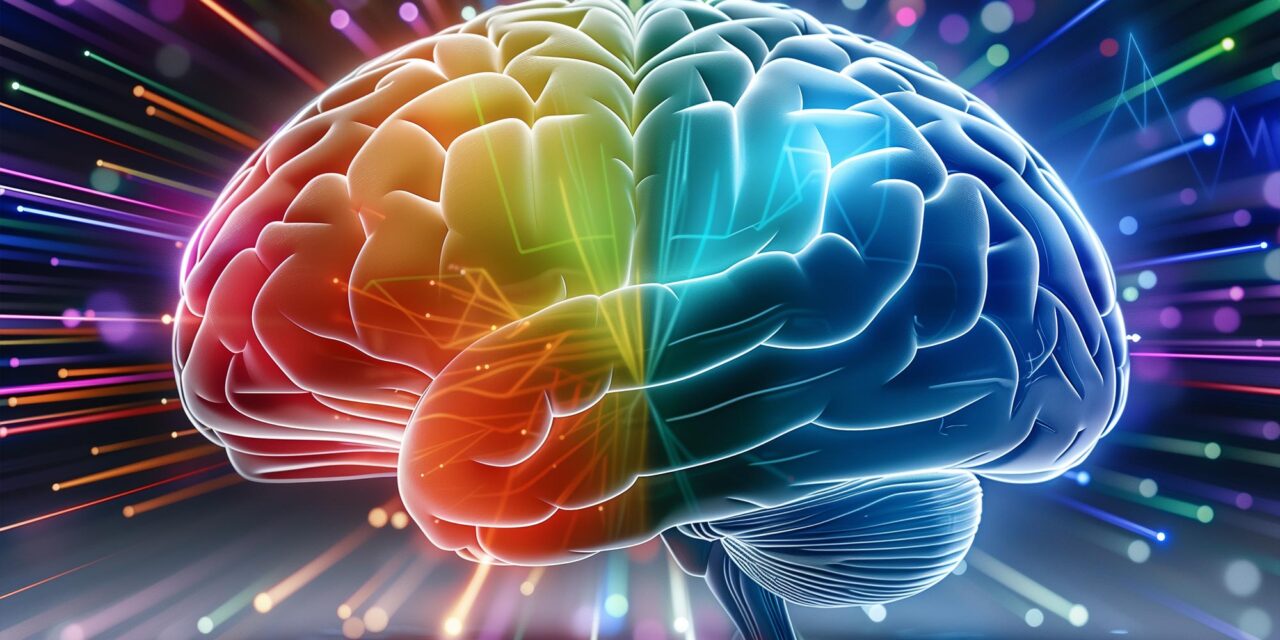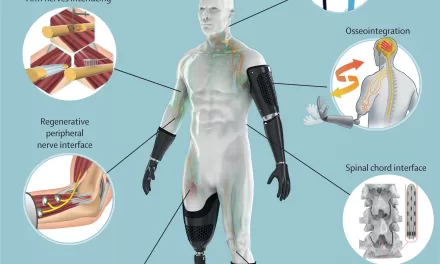A groundbreaking study published in Nature Aging has uncovered 13 proteins strongly associated with brain aging in humans. The research, led by Wei Cheng and colleagues, offers new insights into the biological markers of brain health and aging, highlighting potential age-specific windows for interventions aimed at slowing down or reversing cognitive decline.
The study analyzed blood plasma data from nearly 5,000 individuals and multimodal brain imaging from over 10,000 adults aged 45 to 82, utilizing resources from the UK Biobank. Among the proteins identified, Brevican (BCAN), a central nervous system protein, stood out as having a particularly strong correlation with brain aging. Levels of Brevican and GDF15 were also found to be associated with neurodegenerative conditions, including dementia, stroke, and motor function decline.
Researchers discovered that the concentrations of these proteins changed in distinct patterns across the lifespan, with three notable peaks in brain age at 57, 70, and 78 years. These peaks suggest that there may be critical windows in the aging process when intervention could be most beneficial for maintaining brain health. The findings imply that the concentrations of certain proteins in the blood may serve as biomarkers for estimating the biological age of the brain, offering a potential tool for early detection and intervention in aging-related brain diseases.
The global population is aging rapidly, with projections suggesting that by 2050, more than 1.5 billion people worldwide will be aged 65 and over. This demographic shift underscores the urgent need for deeper insights into the aging process, particularly in the context of neurodegenerative diseases such as dementia, which become more prevalent with age. Despite advances in research, effective therapies for these conditions remain scarce. Early detection, based on biological markers like the proteins identified in this study, could be crucial in developing strategies to prevent or mitigate these disorders before they reach an advanced stage.
While the study focused on older adults of European descent, the authors emphasize the need for future research to explore the role of these proteins across different age groups and ethnicities. The study opens up promising avenues for understanding the biological basis of brain aging and lays the groundwork for potential interventions aimed at preserving brain function well into old age.
For more details, the full study is available in Nature Aging (2024), DOI: 10.1038/s43587-024-00753-6.












